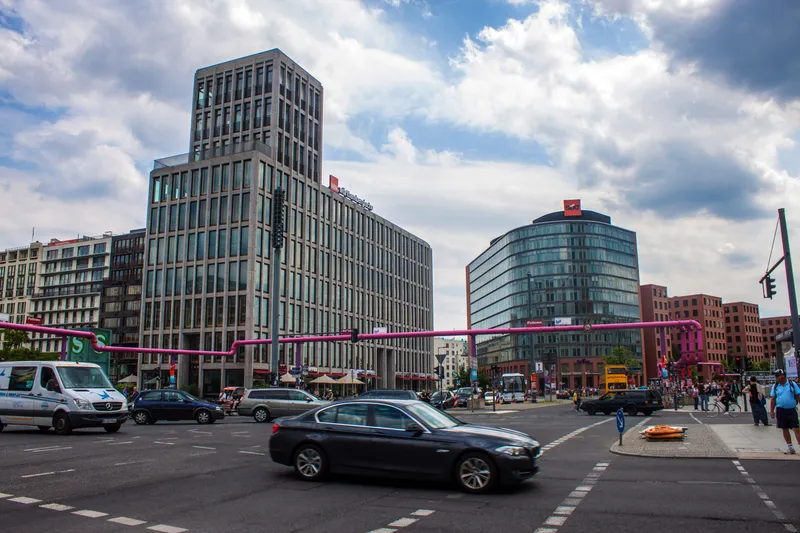Swedish companies Denso, Qamcom, Amparo Solutions and Acreo Swedish ICT are jointly developing new radar sensors for improved traffic safety. The 79GHz UWB Imaging Radar Sensor project claims the current 24 GHz and 77GHz systems have bandwidth limitations and its members aim to develop more effective radar technology.
January 7, 2016
Read time: 1 min

Swedish companies Denso, Qamcom, Amparo Solutions and Acreo Swedish ICT are jointly developing new radar sensors for improved traffic safety. The 79GHz UWB Imaging Radar Sensor project claims the current 24 GHz and 77GHz systems have bandwidth limitations and its members aim to develop more effective radar technology.
The group claims the 79GHz band allows increased resolution and the use of multiple sensors around a vehicle along with improvements including an increased level of pedestrian safety, easier installation and improved interference protection. They also expect the new technology will cost less.
A large number of EU countries have approved the use of W-band radar and it is under consideration by the US authorities.
The group claims the 79GHz band allows increased resolution and the use of multiple sensors around a vehicle along with improvements including an increased level of pedestrian safety, easier installation and improved interference protection. They also expect the new technology will cost less.
A large number of EU countries have approved the use of W-band radar and it is under consideration by the US authorities.










